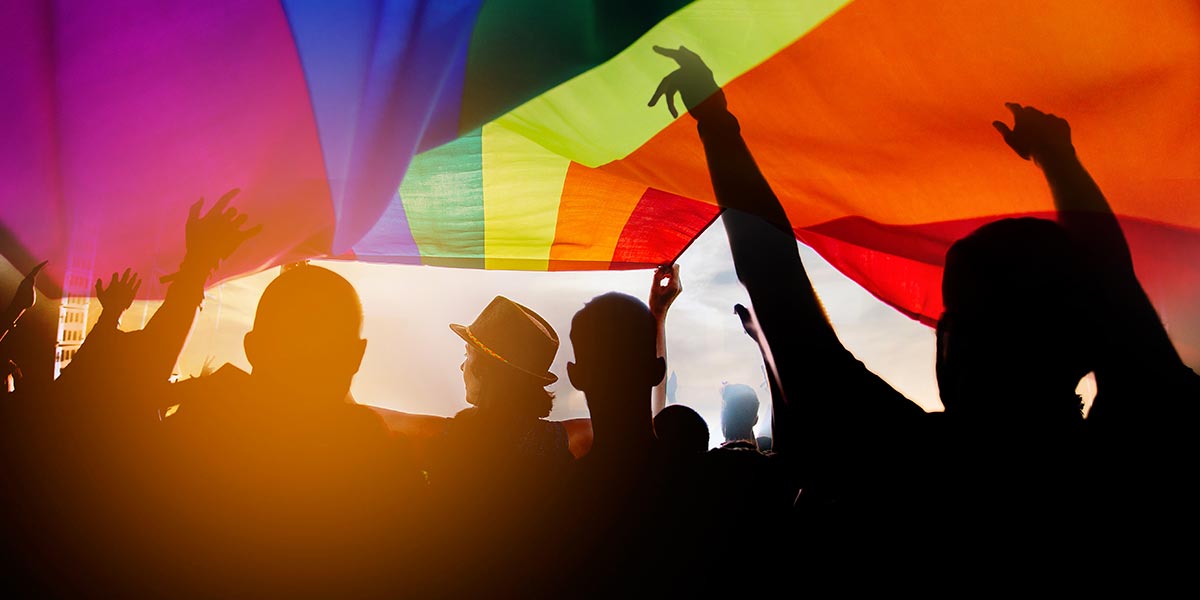LGBTIQ community excluded from Census 2022

Activists have expressed dismay that South Africa’s national census, which kicked off this week, will not be counting the LGBTIQ community in any meaningful way.
LGBTIQ group Iranti has noted that the Census 2022 questionnaire includes a question relating to sex that only allows for two options; male or female.
At the “state of readiness” press briefing on 25 January, Statistics South Africa (Stats SA) Acting Deputy Director-General Nozipho Tshabalala confirmed this was the case.
“The sex question refers to the biological makeup of a person or the sex that is assigned at birth. That is what we are covering in Census 2022,” she said.
Iranti pointed out that “This effectively means that transgender and intersex persons will not be counted in the upcoming census. The census solely relies on counting a society that is cisgender and excludes a significant part of South Africa’s population.”
The questionnaire also does not include questions relating to sexual orientation and will therefore not yield any data relating to lesbian, gay and bisexual persons in South Africa.
Tshabalala admitted at the press conference that Stats SA had not made sufficient preparation to count LGBTIQ South Africans. She explained that including questions relating to LGBTIQ identities “requires an array of questions that you need to have tested intensively before the census, and also piloted… in order to be able to measure that group.”
Tshabalala added, however, that after this year’s census, Stats SA plans to research, test and pilot these questions “for the inclusion of this group in the next census”.
Considering that the next national census might only be conducted in 10 years, the exclusion of LGBTIQ identities is a massive missed opportunity for the government to better understand the size and needs of this often invisible community so that it can better plan and allocate resources to meet its needs.
“We regard this census as unconstitutional because its very design is premised on exclusion. And if a census excludes a significant population such as the LGBTI community, then by its very nature it encourages the State to erase our very existence,” commented Iranti’s Executive Director, Jabu Pereira.
Pereira called for a greater conversation around legal gender recognition in South Africa, “where it permeates and how it’s understood and then accepted across government departments.”
Iranti said that it is nevertheless “encouraged” that Stats SA has at least committed to continuing with the development of questions to measure and profile LGBTIQ persons in the post-census period.
While the government has promised to enact more progressive legislation, transgender and gender-non-conforming South African continue to face challenges in changing the sex descriptor in their identity documents to reflect their gender identity.
Leave a Reply